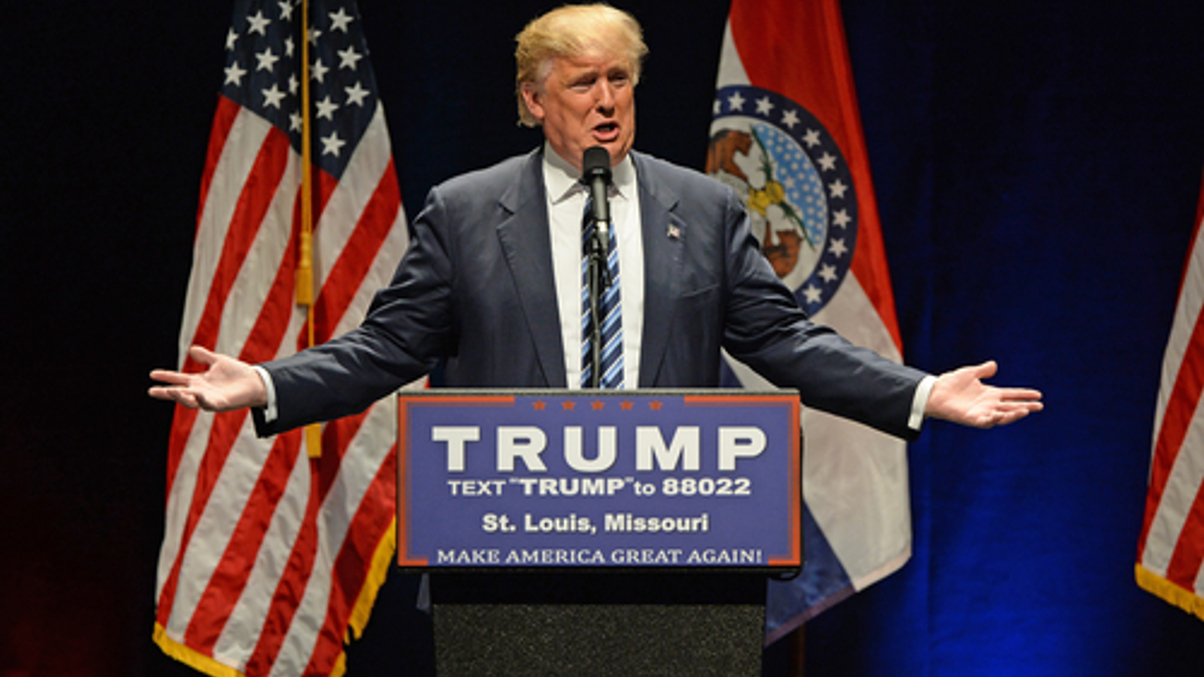Trump wins: Asian investors react
Donald Trump will become the 45th president of the United States. As markets slump, we ask investors in Asia for their reactions.

We will be updating this live reaction piece as comment comes in from investors across Asia. Responses are coming in thick and fast as Donald Trump pulls off a shock victory.
Sign in to read on!
Registered users get 2 free articles in 30 days.
Subscribers have full unlimited access to AsianInvestor
Not signed up? New users get 2 free articles per month, plus a 7-day unlimited free trial.
¬ Haymarket Media Limited. All rights reserved.


